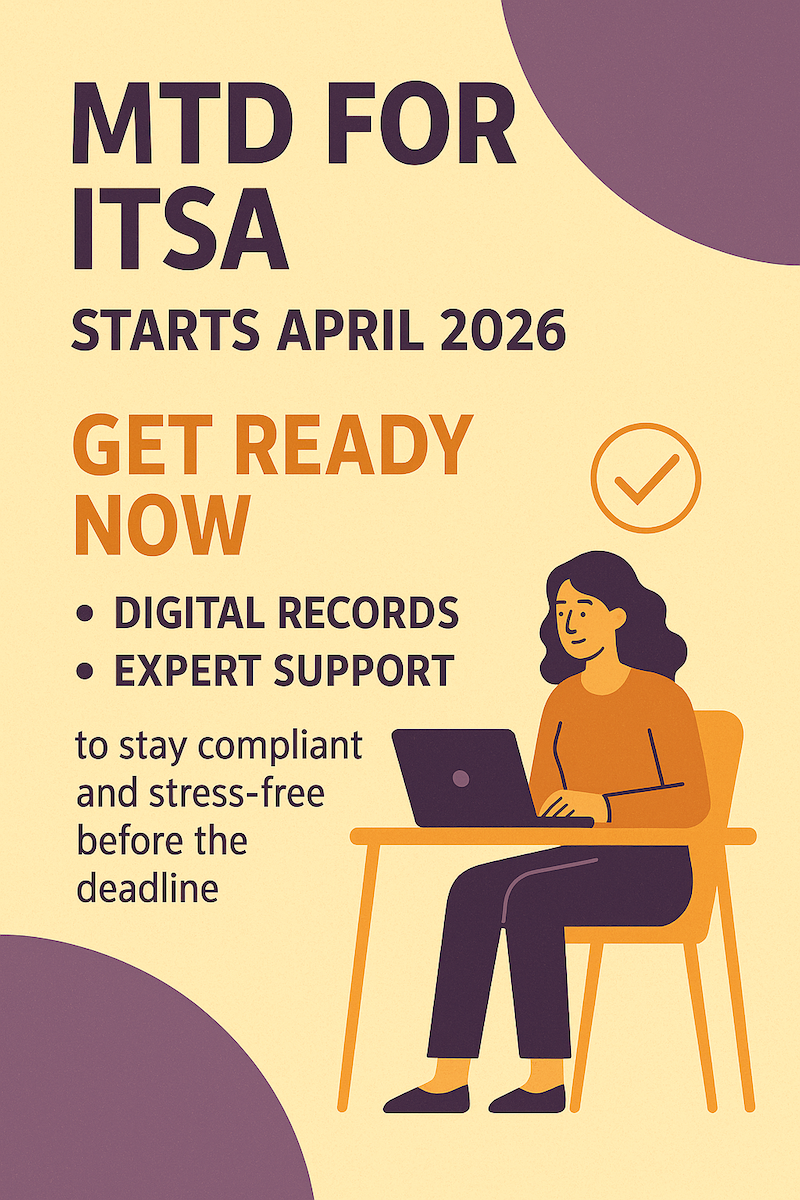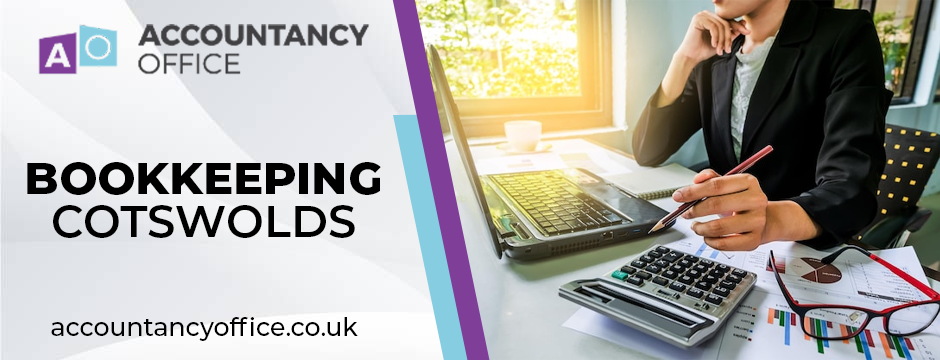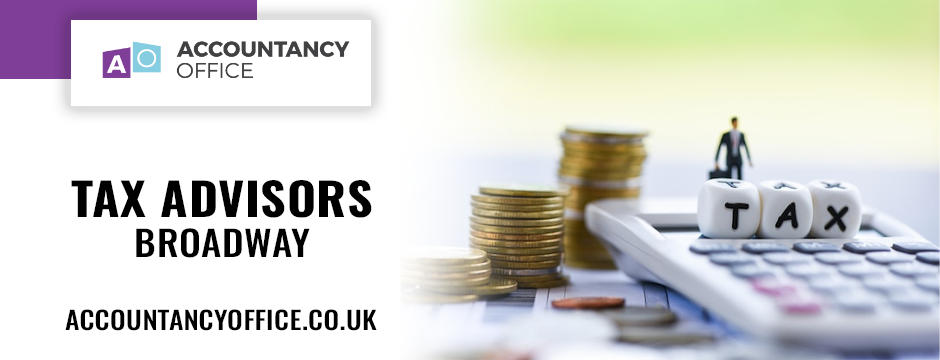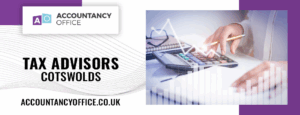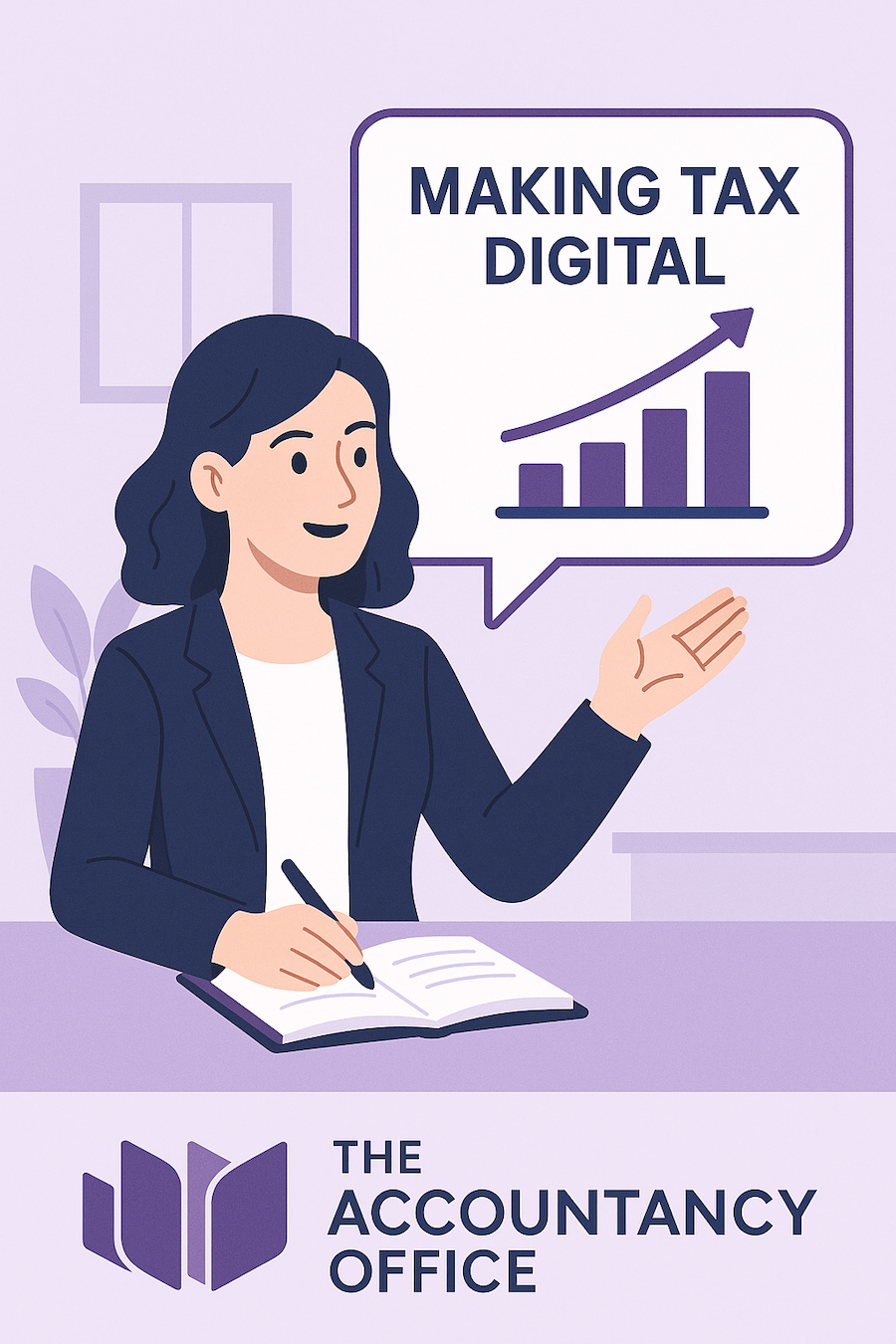When most people have decided to set up their own business, the first issue they encounter is how to do this. This inevitably leads to the question, should I operate as a sole trader or start my own limited company? There is no right or wrong answer and it depends. There are many factors to consider and many advantages and disadvantages to setting up as either.
The decision often depends on the personal preference of the person who owns and runs the business and the type business they are operating. There is never one standard answer for all businesses so it is worth spending the time to consider this carefully. It is about finding the right business format for the individuals involved as there is no easy answer. The decision should always be made on the specific business and what is important to the individuals concerned.
Firstly, lets get the formalities out of the way. Any individual of any nationality may register a limited company subject to a few conditions:
• They are not an undischarged bankrupt
• They have not been restrained by court order
• They are not subject to UK government restrictions
You can become a director of a limited company from as young as 16 years old.
The Advantages of a Limited Company
• Perhaps the most attractive benefit of trading as a limited company is the aspect of limited liability. Essentially this protects the personal assets of the officers should the company run into financial difficulties. Financial liability is limited to what has been personally invested.
• There are potential tax savings in terms of remuneration. The most efficient strategy is to pay the directors a low salary which is supplemented through payment of dividends and subject to lower tax rates (8.75% for basic rate taxpayers, 33.75% for higher rate taxpayers and 39.35% for additional rate taxpayers). A dividend is is a payment made to the company owners from the profits of a company after corporation tax has been accounted for.
• The ownership of a limited company can easily be divided up through the sale of shares – the shares can be further used as a means of generating capital.
• A company is more than just the people in it, and still exists even when members resign, retire or die.
• Companies can create mortgages or floating charges over assets, making it easier to borrow money.
• Perception. Limited companies tend to instil added confidence in suppliers and creditors. Many large organisations will only conduct business with limited companies. An example of this is the IT sector where it can be difficult to obtain contracts unless you trade through a limited company.
The Disadvantages of a Limited Company
• Setting up a limited company means a lot of paperwork due to a higher level of regulation and legislation. There is also ongoing administration, such as filing annual accounts and the annual return with Companies House each year.
• Company accounts and shareholder details are publically available on Companies House website.
• Shareholders and directors may have to personally guarantee contracts entered into with lenders or suppliers.
• Winding up a company is more complex and expensive than a sole trader business or a partnership. Consideration should be given to the longevity of the business.
• Mortgages and insurances such as critical illness cover may all be affected by a typical Limited Company form of remuneration which involves the payment of a low salary supplemented by a higher level of dividends.
If that’s not enough, there are other considerations too:
• Losses can potentially be relieved sooner through a sole trader than a limited company.
• Company cars are rarely tax efficient – unless electric vehicles. Business use versus personal use of a car or van needs some thought and whether this is to be owned personally or by the company.
• The extent to which profits will be retained in the company to fund capital expenditure and expansion.
• It’s also important to be aware that companies pay corporation tax on their profits. The taxable profits of a company are arrived at after deducting all salary payments including those paid to the directors. Dividends are not considered a business expense when calculating Corporation Tax. Company law requires that dividends are paid out of a company’s retained profits – whatever is left after corporation tax has been charged on the profits. It is illegal to pay a dividend if your company does not have sufficient profit after tax available to cover the dividend amount.
• You can earn up to £1,000 in dividends in the 2023/24 tax year tax free. This is reducing to £500 in the 2024/25 tax year.
• In a limited company the profits stay in the business until you pay them to yourself as a dividend. You can pay yourself a tax efficient salary below the tax and National Insurance thresholds, avoiding tax and National Insurance yet still qualifying for national insurance credits against your National Insurance record.
• Sole traders pay both tax and national insurance on their profits and are very restricted as to how they reduce these payments, a limited company gives you greater control and flexibility in how you pay yourself. Sole traders also have to make payments on account in advance of their next tax bill twice a year, which can create cashflow issues. Limited companies do not need to make payments on account (unless a large company).
• The amount of corporation tax depends upon the level of profits. From 1 April 2023 the main rate of Corporation Tax increased from 19% to 25% but the small profits rate of 19% applies to single companies profits of less than £50,000.
There is no ‘best way’ and all options should be considered in conjunction with professional advice to ensure your personal circumstances and preferences are fully taken into account.
Based in the Heart of Evesham, The Accountancy Office are here to help with all of your accountancy needs.
If you wish to discuss any aspect covered in this article please don’t hesitate to call 01386 366741 or email us here.
